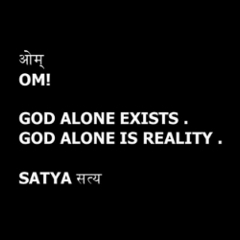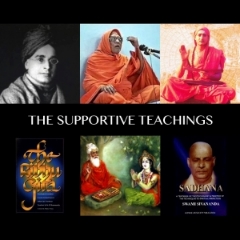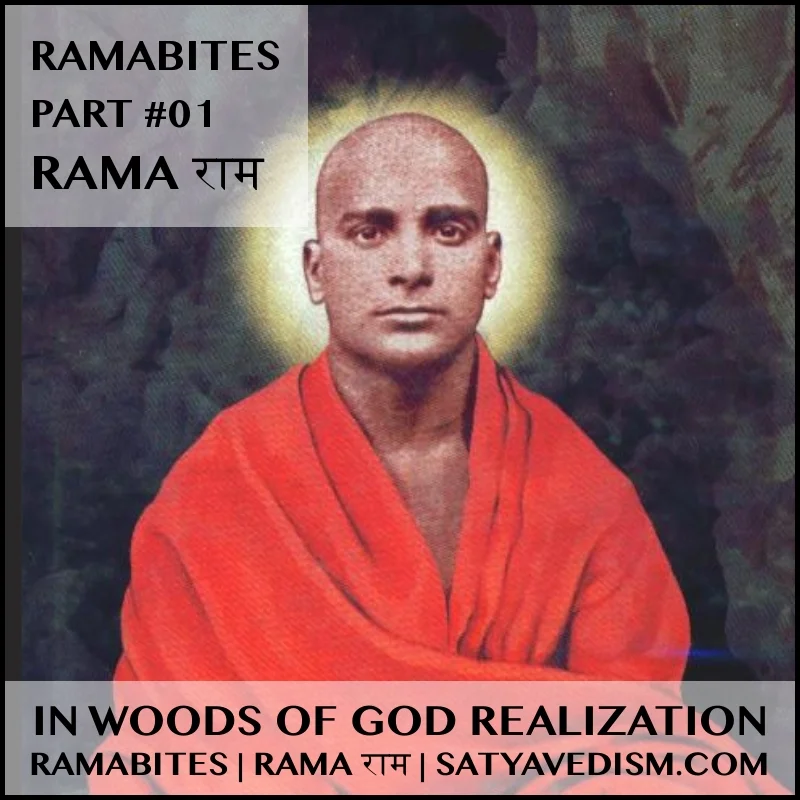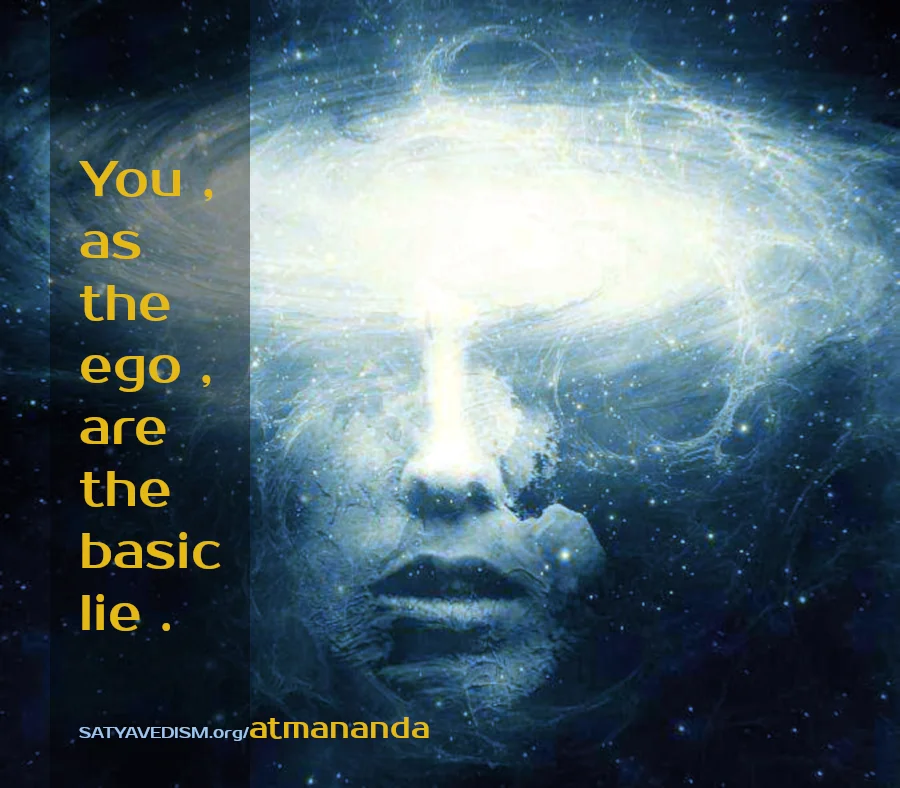100+ SANSKRIT RESOURCES
| | home100+ SANSKRIT RESOURCES ( + A BRIEF INTRODUCTION )
LEARN THROUGH SELF STUDY | WHY STUDY SANSKRIT
|| INTRODUCTION ||
The study of languages is always fascinating .
For this reason alone , one can study or learn Sanskrit .
The members of the Samskritapriyah group are more than fascinated by this language . They come from different disciplines and have had a long lasting association with Sanskrit .
This group , comprising scientists , linguistic scholars , computer scientists , Indologists and above all , well respected Sanskrit scholars , feels convinced that there are aspects to Sanskrit not yet seen or observed in other languages .
While the lessons are the primary means to learning the language , the information presented alongside will more than arouse the curiosity of the reader . It must be emphasized that the views expressed here are not intended to start a big debate on the language itself . The group has carefully studied the information presented here , for validity , correctness and authenticity .
As a consequence , the information should appeal to the scientific mind .
|| DISCLAIMER ||
The Views expressed here are specific to the Samskritapriyah group and the Samskrit Education Society . IIT Madras , has only made available the web pages as a courtesy to the group .
|| SANSKRIT IS THE EARLIEST OF ANCIENT LANGUAGES ||
There is sufficient evidence available today to say that Sanskrit is the oldest language of the world .
Among the current languages which possess a hoary antiquity like Latin or Greek , Sanskrit is the only language which has retained its pristine purity . It has maintained its structure and vocabulary even today as it was in the past .
The oldest literature of the world , the Vedas , the Puranas and the Ithihasas which relate to the Indian subcontinent , are still available in the same form as they were known from the very beginning .
There are many many scholars in India who can interpret them today , much the same way great scholars of India did years ago . Such interpretation comes not by merely studying earlier known interpretations but through a steady process of assimilation of knowledge linking a variety of disciplines via Sanskrit .
|| SANSKRIT IS AS MODERN AS ANY LANGUAGE CAN BE ||
Sanskrit is very much a spoken language today . Even now , as we enter the twenty first century , Sanskrit is spoken by an increasing number of people , thankfully many of them young .
Among the learned in India , it continues to be a bridge across different states where people , in spite of their own native tongue , use it to exchange scholarly and even general information relating to the traditions of the country .
The News service offered by the Government of India through television and radio continues to feature daily Sanskrit program catering to local as well as international news .
The grammar of Sanskrit has attracted scholars world over . It is very precise and uptodate and remains well defined even today .
Of late , several persons have expressed the opinion that Sanskrit is the best language for use with computers .
The Samskritapriyah group does not subscribe to this view however .
|| SANSKRIT IS A SCIENTIST'S PARADISE ||
Sanskrit , the vocabulary of which is derived from root syllables , is ideal for coining new scientific and technological terms . The need to borrow words or special scientific terms does not arise .
From the very beginning , scientific principles have been hidden in the verses found in the Vedas , Upanishads and the great epics of India .
Concepts and principles seen in present day mathematics and astronomy , are all hidden in the compositions and treatises of many early scholars of the country . Some of these principles and concepts will be shown in the information section that will accompany the lessons .
|| LINGUISTICS ||
The precise and extremely well defined structure of Sanskrit , coupled with its antiquity offers a number of areas in linguistics research including Computational Linguistics .
Also , Sanskrit distinguishes itself in that it is the only known language which has a built-in scheme for pronunciation , word formation and grammar .
|| SANSKRIT IS A LANGUAGE FOR HUMANITY ||
Sanskrit is a language for humanity and not merely a means for communication within a society .
The oldest surviving literature of the world , viz the Vedas , encompass knowledge in virtually every sphere of human activity .
The fact that many profound principles relating to human existence were given expression through Sanskrit , continue to amaze those who study Sanskrit . A Sanskrit scholar understands the world better than most others .
Sanskrit perfectly depicted ( and continues to depict ) the social order of the day and offers clues to historical developments within the society .
The language has been used effectively to describe the virtuous and the not so virtuous qualities of great people , rulers , the philosophers and saints of the country .
|| PHILOSOPHY THEOLOGY & SANSKRIT ||
Sanskrit abounds in Philosophy and Theology related issues .
There are so many words one encounters within Sanskrit that convey subtly differing meanings of a concept that admits of only one interpretation when studied with other languages .
The language thus has the ability to offer links between concepts using just the words .
|| SANSKRIT FOR YOUR EMOTIONS ||
The connoisseurs of the Sanskrit language know that it is the language of the heart .
Whatever be the emotion one wishes to display , be it devotion , love , affection , fear , threat , anger , compassion , benevolence , admiration , surprise and the like , the most appropriate words of Sanskrit can flow like a gushing stream .
|| SOME UNIQUE CHARACTERISTICS OF THE LANGUAGE ||
Sanskrit is co-original with the Vedas . The vedas cannot be studied without the Vedangas , which are six in number . The first three deal with the spoken aspects of the language .
The first of these three , namely Siksha , tells us how to pronounce the letters of the aksharas . Siksha divides the letters into three classes — Swaras , Vyanjanas and Oushmanas . Depending on the effort ( Prayatna ) , place of origin in the body ( Sthana ) , the force used ( Bala ) and the duration of time ( Kala ) , the letters differ from each other in their auditory quality and meaning .
Vyakarna , known as the grammar of Sanskrit , is the second Vedanga which describes meaningful word formations . This is usually referred to as Sphota or meaningful sound .
The third Vedanga , Niruktam , describes certain fundamental root words used in the Vedas . Classification of words into groups of synonyms is an example . For instance , approximately a hundred and twenty synonyms for water are given in Niruktam .
The fourth Vedanga , Chandas , describes the formation of sentences in metrical form . Unlike English which used a very limited number of metres ( basically four ) , Sanskrit offers about two dozen Vedic metres and innumerable conventional metres .
The remaining two Vedangas , Kalpa and Jyothisha deal with space and time .
|| THE LETTERS OF SANSKRIT ||
Sanskrit comprises fifty one letters or aksharas .
In other languages , we refer to the letters of the alphabet of the language .
We know that the word alphabet is derived from the names of the first two letters of Greek . The term alphabet has no other meaning except to denote the set of letters in the language .
In contrast , the word " akshara " in Sanskrit denotes something fundamental and significant .
One of the direct meanings of the word is that it denotes the set of letters of Sanskrit from the first to the last . The word also means that the sound of the letter does not ever get destroyed and thus signifies the eternal quality of the sound of the letters .
The consequence of this meaning is that the sound of a word is essentially the sounds of the aksharas in the word , a concept which will help simplify text to speech applications with computers .
There are two aspects of non destruction in the above explanation . The first one refers to the phonetic characteristics of the language , ie , in any word , the aksharas retain their sound .
The second aspect of non destruction , amazingly , is that the aksharas retain their individual meanings as well !
To give an example , the word " guru " consisting of the aksharas " gu " and " ru " stands for a teacher — one who dispels darkness ( ignorance ) of the the mind ( person ) . " gu " means darkness and " ru " means the act of removal .
Now , arent we beginning to see something very interesting ?
The popular Sanskrit language is based on root syllables and words .
Unlike the other languages of the world , every word in Sanskrit is derived from a root .
It is a well accepted fact that all Indo-European languages have a common origin . On the basis of the above mentioned fact that all the words of Sanskrit are traceable to specific roots , a feature not seen in other languages , one can presume that Sanskrit is most certainly the origin .
|| MASSIVE YET PRECISE ||
One can learn Sanskrit purely for the sake of the great epics of India .
The Ramayana has 24,000 verses fully in metre and the Mahabharata qualifies as the world's largest epic with 100,000 verses . The Mahabharata says , " what is here may be elsewhere , what is not here is nowhere " .
The precision with which the verses convey information on so many different aspects of life in a society , is a factor one must reckon as the ultimate in composition .
ARTICLE SOURCE : http://www.acharya.gen.in:8080/sanskrit/why_sans.php
100+ SANSKRIT RESOURCES | UPDATE 04.21.2016 | SATYAVEDISM.ORG
http://en.wikipedia.org/wiki/Sanskrit
http://en.wikipedia.org/wiki/IAST
http://en.wikipedia.org/wiki/Devanagari
http://sa.wikipedia.org/wiki/
http://sanskrit.inria.fr/portal.html
http://www.youtube.com/watch?v=7Brv2FaOluU
http://scholar.google.com/scholar?hl=en&q=sanskrit
http://www.vedicsciences.net/articles/sanskrit-nasa.html
http://www.outlookindia.com/article/Sanskrit-As-A-Language-Of-Science/262393
http://avg-sanskrit.org/
http://learnsanskrit.org/
http://learnsanskrit.org/tools/sanscript
http://littleredbook.vedicsociety.org.in
http://www.reddit.com/r/sanskrit/
http://www.sanskrit-lexicon.uni-koeln.de/
http://www.sanskrit-lexicon.uni-koeln.de/mwquery/
http://www.causes.com/causes/504540-revive-samskrit-learn-to-speak-samskrit-today
http://www.advaitin.net/Sanskrit/MWComplete.pdf
http://www.omniglot.com/writing/sanskrit.htm
http://spokensanskrit.de/
http://sanskritdictionary.com
http://www.sanskrit.org/
http://en.wikipedia.org/wiki/Clay_Sanskrit_Library
http://www.claysanskritlibrary.org/
http://sanskritdocuments.org
http://www.speaksanskrit.org/index.shtml
http://www.speaksanskrit.org/forum/
http://sanskritlinks.blogspot.com/
http://www.causes.com/causes/580330-do-not-declare-sanskrit-as-dead-language
http://plus.google.com/u/0/111255168704269451126/posts
http://sanskrit.jnu.ac.in/subanta/generate.jsp
http://sanskrit.jnu.ac.in/tinanta/tinanta.jsp
http://www.sanskritlibrary.org/
http://www.sanskrit.safire.com/Sanskrit.html
http://www.sanskritebooks.org/
http://www.google.com/transliterate/sanskrit
http://sanskritdocuments.org/news/SanskritNewspapersandMagazines.html
http://www.hinduwisdom.info/Sanskrit.htm
http://www.advaita.org.uk/sanskrit/sanskrit.htm
http://sanskritworld.in/
http://www.sanskrit-sanscrito.com.ar/en/sanskrit_sanskrit1/firststeps1.shtml
http://blog.practicalsanskrit.com/
http://en.wikipedia.org/wiki/Sanskrit_revival
http://twitter.com/OMSATYATRUTH/evolution-of-languages/members
http://twitter.com/OMSATYATRUTH/lists/evolution-of-languages
http://americansanskrit.com/sanskrit-atlas
http://www.samskrutam.com/samskrit/home.aspx
http://www.lexilogos.com/keyboard/sanskrit_devanagari.htm
http://gate2home.com/Sanskrit-Keyboard
http://theweirdindian.blogspot.com/2012/04/typing-hindi-marathi-sanskrit-on-iphone.html
http://sanskritaprasruti.wordpress.com/2013/06/02/learning-sanskrit-on-line/
http://www.sanskritinstitute.com/
http://sudharma.epapertoday.com/
http://www.youtube.com/results?search_query=sanskrit&oq=sanskrit
http://www.youtube.com/results?search_query=learn+sanskrit
http://www.youtube.com/results?search_query=speak+sanskrit
http://www.youtube.com/results?search_query=sanskrit+language
http://www.youtube.com/watch?v=PL8HASuJVdE
http://www.youtube.com/watch?v=dkwyNqsm8CQ
http://www.youtube.com/user/practicalsanskrit
http://www.facebook.com/pages/American-Sanskrit-Institute/166808200370
http://www.facebook.com/pages/Clay-Sanskrit-Library/119790011367413
http://www.facebook.com/pages/Sanskrit-Studies-Manorama/117953324872
http://www.facebook.com/pages/Sanskrit-Shlokas/164267016987646
http://www.facebook.com/pages/Learn-Sanskrit/203215839772784
http://www.facebook.com/pages/Sanskrit-Revival-Everyday/405968409445136
http://www.facebook.com/pages/Every-Indian-must-learn-Sanskrit/192772390814283
http://www.facebook.com/pages/Vedic-Sanskrit/105482559484639
http://www.facebook.com/pages/Sanskrit-literature/106127486085476
http://www.facebook.com/pages/Classical-Sanskrit-literature/115718248438554
http://www.facebook.com/pages/Classical-Sanskrit/110791525609680
http://www.facebook.com/practicalsanskrit
http://www.facebook.com/pages/Sanskrit-News/166507337079
http://www.facebook.com/pages/Sanskrit-News/116165658434091
http://www.facebook.com/sanskrit1001
http://www.facebook.com/SanskritPearls
http://www.facebook.com/sanskritnames
http://www.facebook.com/Sanskritam
http://www.facebook.com/pages/Sanskrit/141566195911580
http://www.facebook.com/pages/Sanskrit/112383892111975
http://www.facebook.com/pages/Sanskrit/298160286865996
http://www.facebook.com/pages/Sanskrit-News/166507337079
http://www.facebook.com/VedicSanskritMantras
http://www.facebook.com/sanskritteacher
http://www.facebook.com/EasySamskrutha
http://www.facebook.com/onlinesanskritinstitute
http://www.facebook.com/sanskrit.asia
http://www.facebook.com/SanskritQuiz
http://www.facebook.com/pages/Sanskrit/159830360757745
http://www.facebook.com/Sanskritakavita
http://www.facebook.com/devanagari.org
http://www.facebook.com/groups/120442908046984/
http://www.facebook.com/groups/268966874158/
http://www.facebook.com/groups/124239830998418/
http://www.facebook.com/groups/217178101652049/
http://www.facebook.com/groups/sanskritam/
http://www.facebook.com/groups/sambhashanasamskritam/
http://www.facebook.com/groups/sanskritinstitute/
http://www.facebook.com/groups/speak.sanskrit/
http://www.facebook.com/groups/142497255813698/
http://www.facebook.com/groups/379550228755316/
http://www.facebook.com/groups/2213005432/
http://www.facebook.com/groups/179894498788833/
http://www.facebook.com/groups/sanskritlovers/
http://www.facebook.com/groups/133493333381878/
http://www.facebook.com/groups/EasySanskritLearning/
http://www.facebook.com/groups/sanskritlovers/
http://www.facebook.com/groups/learnsanskrit/
http://www.facebook.com/groups/209689645806584/
http://www.facebook.com/groups/113016685439740/
http://www.facebook.com/groups/samskrutabhavanam/
SOURCE | SATYAVEDISM.ORG



































































































